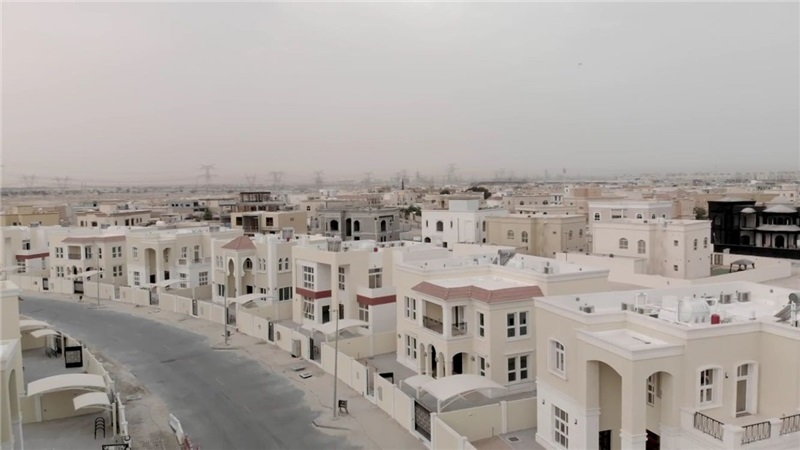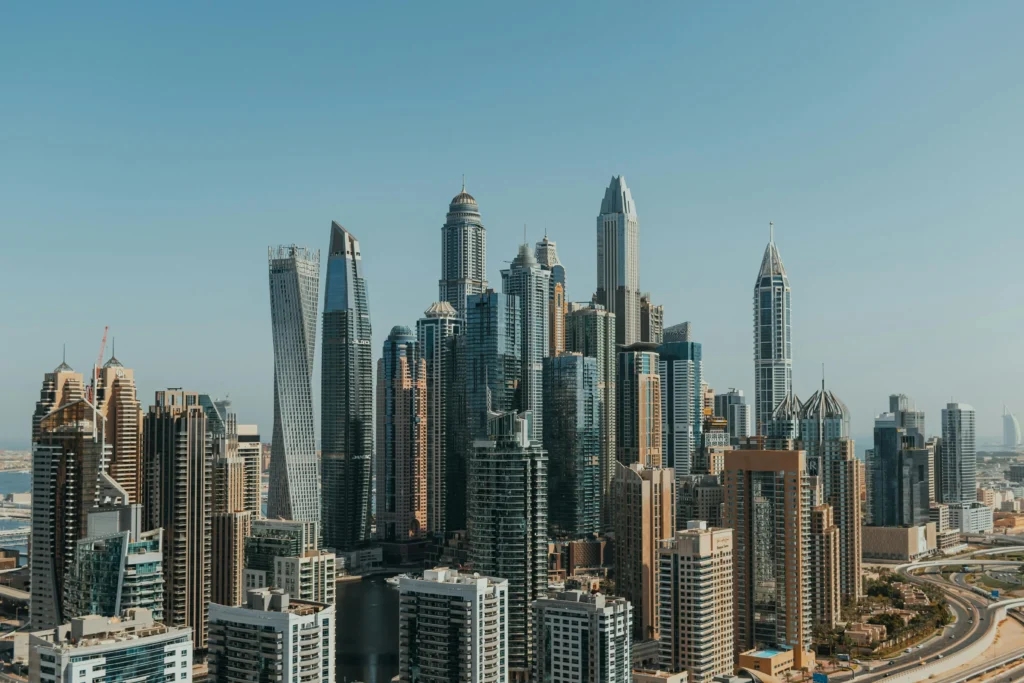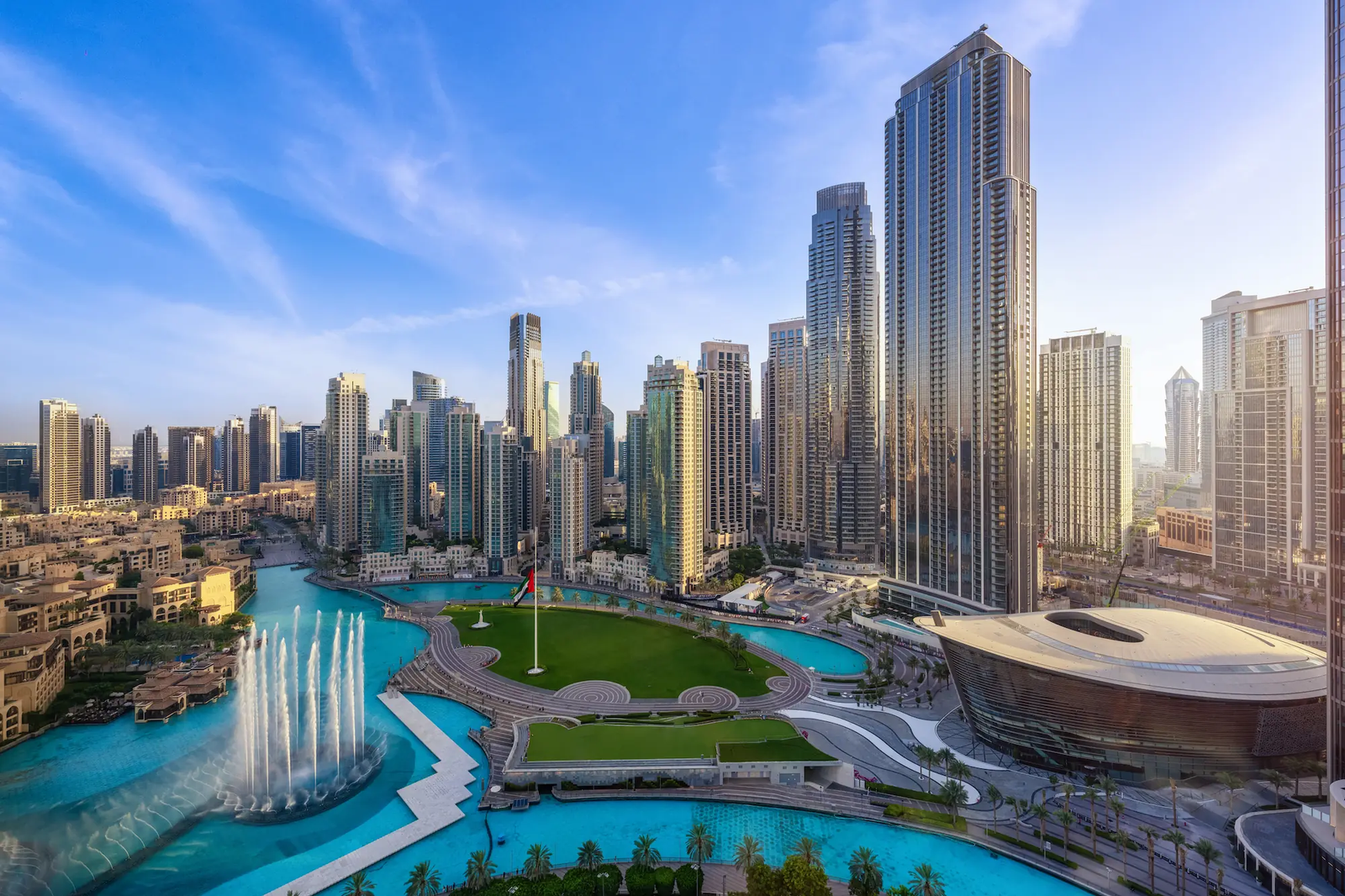Now Reading: How UAE Homes Could Save Up to AED 800 a Year
-
01
How UAE Homes Could Save Up to AED 800 a Year
How UAE Homes Could Save Up to AED 800 a Year

Table of Contents
A wave of new initiatives and policies across the UAE may soon offer major savings for households, with annual reductions in utility costs, food expenses, and transport fees potentially reaching AED 500 to AED 800 per family. With rising living expenses and growing concerns over financial sustainability, this news comes as a welcome relief for many UAE residents looking to ease their monthly burden.
Experts and officials from government and energy sectors have outlined a series of strategic moves aimed at reducing household expenses while promoting eco-friendly practices. These changes are not only good for the environment but are also being seen as a direct benefit to every family’s wallet.
What’s Driving the Savings?

There are three main drivers behind these potential savings:
- Energy and Water Efficiency Programs
- Food Waste Reduction Campaigns
- Public Transport and Mobility Discounts
Each of these initiatives plays a role in reducing daily or monthly expenditures, and together, they are expected to deliver tangible annual savings across the country.
1. Energy and Water Efficiency: Slashing Utility Bills
One of the biggest areas where households could save money is on electricity and water bills. Government-backed efficiency campaigns like the Dubai Demand Side Management Strategy 2030 and Abu Dhabi’s Tarsheed Program are pushing for lower consumption through better awareness, smart meters, and energy-efficient appliances.
According to the Dubai Electricity and Water Authority (DEWA), families who adopt basic energy-saving behaviors such as using LED bulbs, setting AC temperatures to 24°C, and running washing machines with full loads could see reductions of up to AED 300–500 annually.
“Smart home technologies and conscious usage are now paying off,” said Mariam Al Suwaidi, an environmental policy expert. “Simple changes like fixing leaks or installing low-flow showerheads can significantly reduce bills without any compromise on comfort.”
2. Reducing Food Waste: Savings at the Grocery Store
Another key area of potential savings comes from food. UAE residents waste roughly 38% of all prepared food, according to the Ministry of Climate Change and Environment. Much of this waste occurs at home uneaten leftovers, expired groceries, or poorly stored items.
To combat this, the UAE has launched the “Ne’ma” national food loss and waste initiative, encouraging households to plan meals, shop mindfully, and store food properly. Additionally, several supermarkets and food apps now offer discounted “near expiry” products that are safe and affordable.
Households that take simple steps like better meal planning or using food-sharing apps can expect to save between AED 100–200 per year. “The impact of thoughtful shopping is bigger than people realize,” said Nour Al Hamadi, a community nutritionist in Sharjah. “Less waste means more money stays in your pocket.”
3. Smarter Mobility: Travel for Less
The third area of savings involves mobility and public transport. With improved metro, tram, and bus connectivity, many UAE residents now have the option to ditch their cars or at least reduce car usage and rely on more affordable transportation options.
New monthly travel passes, fuel subsidy revisions, and smart payment apps such as Nol and Hafilat are making public transport more attractive and budget-friendly. In cities like Dubai and Abu Dhabi, frequent riders using monthly cards or combo packages could save around AED 100 per month, depending on their route and usage.
The Dubai Roads and Transport Authority (RTA) recently revealed that a family of four commuting via metro and bus can cut their transport cost by 20–30% compared to driving, not to mention additional savings on parking and maintenance.
Add It All Up: The Big Picture
When combined, these three areas utilities, food, and transport can easily deliver annual savings of AED 500 to AED 800 per household, especially in medium-sized families with working professionals and school-going children.
Here’s a rough breakdown:
- Utility savings: AED 300–500
- Food waste savings: AED 100–200
- Transport savings: AED 100–300
Of course, actual results will vary based on lifestyle, city, and the extent to which changes are adopted.
Government’s Role and Future Outlook
The UAE government has been proactive in supporting residents with educational campaigns, incentive programs, and infrastructure investments. Initiatives like:
- The Smart Living Program by DEWA
- The “Zero Food Waste” pledge by hotels and households
- Subsidized public transport cards for students and seniors
…are all designed to help people save more while living sustainably.
Moreover, the government is also looking at carbon credit rewards, recycling incentives, and EV-related savings in the coming years which could add even more financial benefits for residents.
Residents Are Responding

Several residents have already noticed the difference. Reem Darwish, a mother of two in Dubai, shared her experience: “We switched to LED lights, got a smart thermostat, and started using the metro more often. In just six months, I’ve saved over AED 400, which may not sound like much, but it really adds up over time.”
Online communities and eco-influencers are also promoting tips on reducing waste, saving electricity, and budgeting smartly leading to a growing culture of savings across the UAE.
Final Thoughts
As prices fluctuate and financial planning becomes more important, the opportunity to save AED 500–800 annually without drastic lifestyle changes is significant. With the government leading the way and new tools at residents’ disposal, sustainable living in the UAE is not only possible it’s profitable.
Small choices, like turning off the lights, avoiding food waste, or taking the metro, could result in meaningful savings. And in a world where every dirham counts, that’s a shift worth embracing.
Read More:- Shobha Realty Launches Its Most Luxurious Project Yet—Full Details Inside 2025






















